Natural stone is known for its beauty and elegance and has been used in homes and construction for centuries. Each slab is a unique masterpiece so its color and characteristics will vary from lot to lot. While a small sample can give you an idea of what to expect, it will never capture the true depth of a stone’s color or character or how it will enhance the natural beauty of your home.
There are many different types of stones including granite, quartzite, marble, soapstone, and countless gradations between them. We always recommend viewing your stone in person in order to receive care and maintenance information most pertinent to the stone you choose, however there are some general recommendations that can apply in a number of settings.
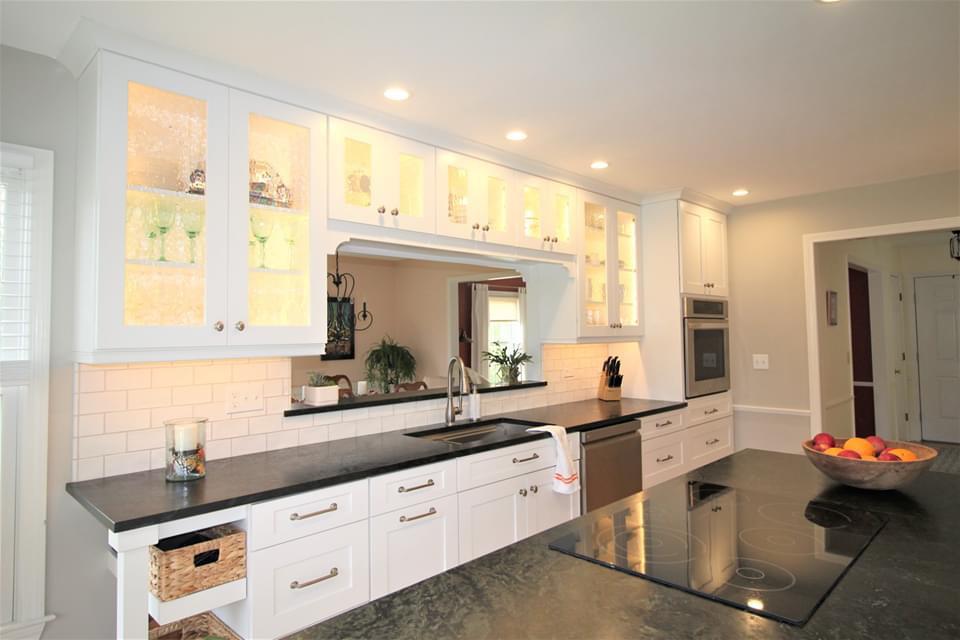
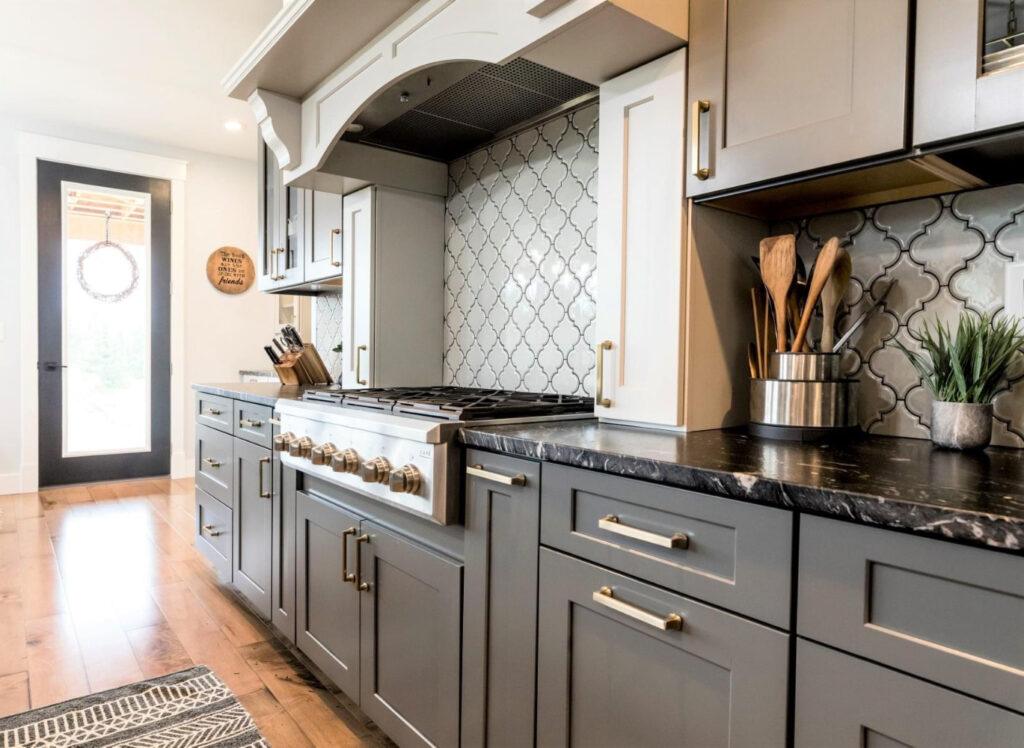
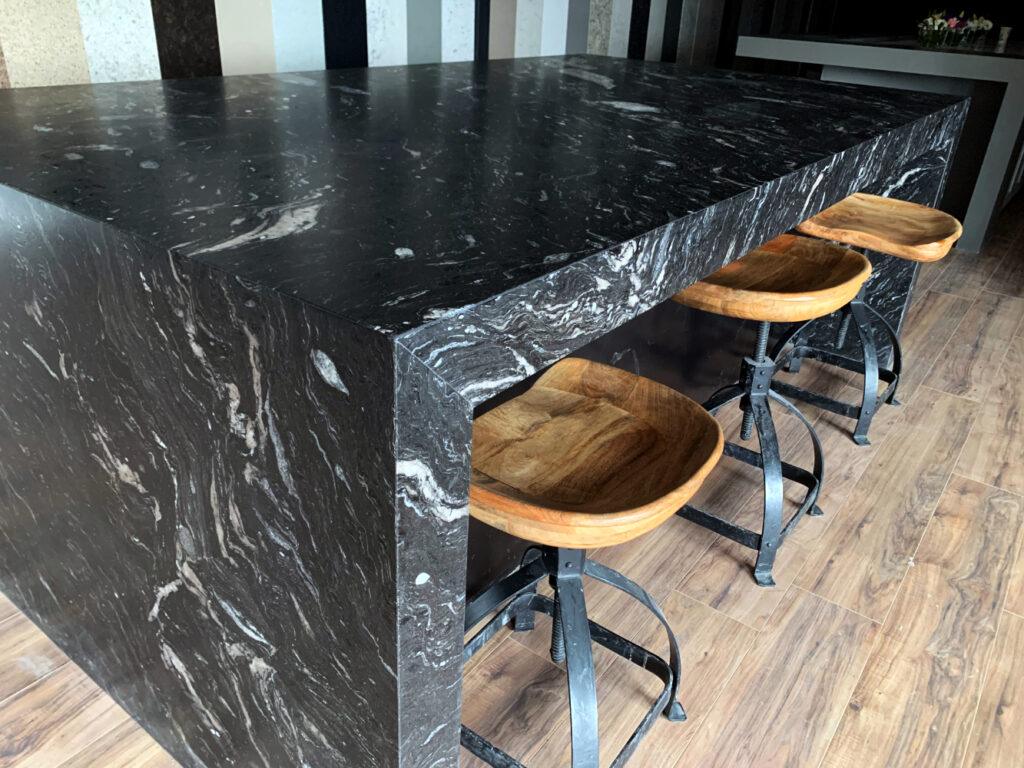

CARE GUIDE
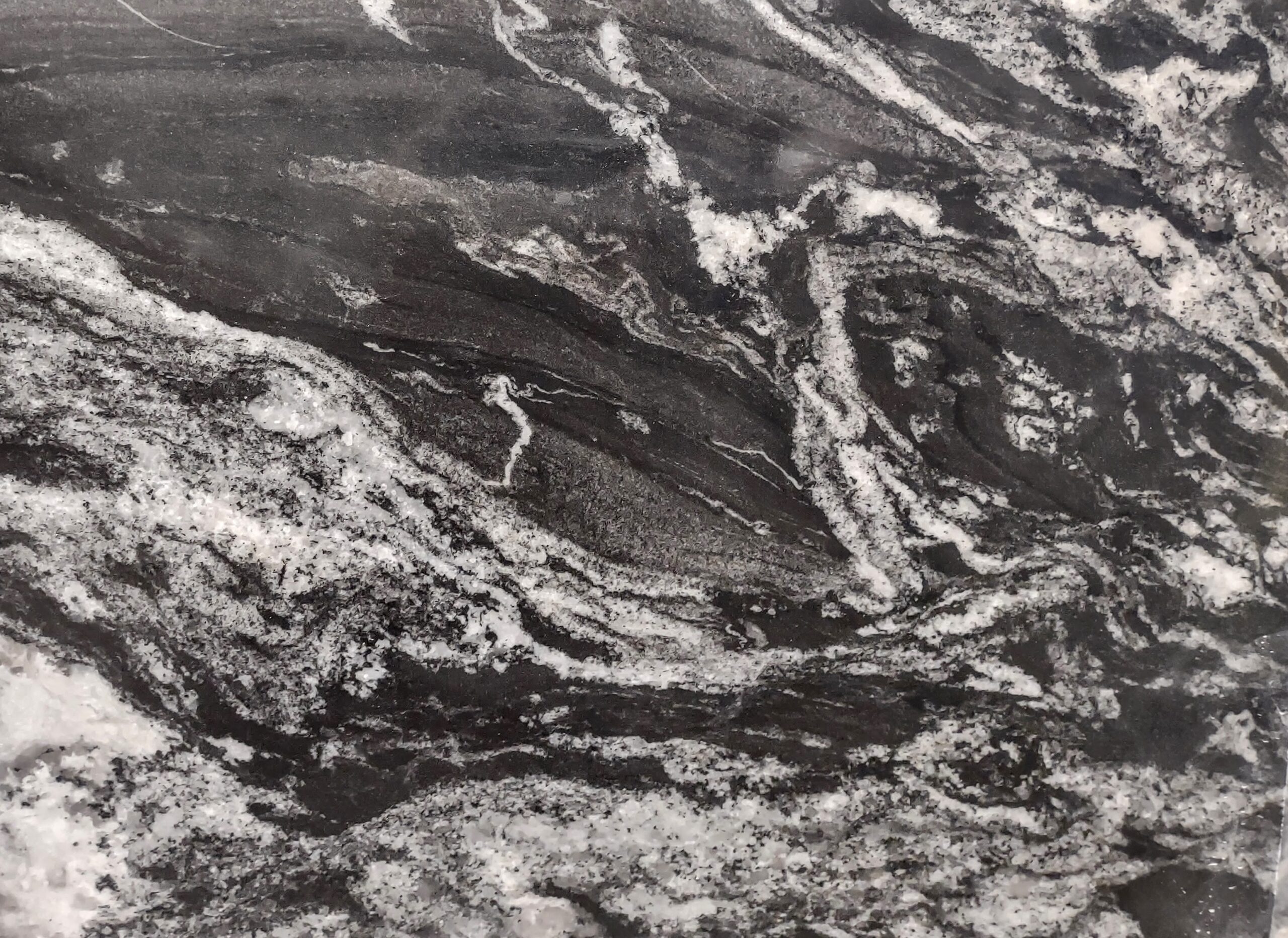
While natural stone is incredibly durable, it is also a naturally porous material. Sealing helps to provide an important layer of protection, creating more time to clean up spills before they can be absorbed and potentially stain the surface. Please note that sealing does not make your stone stain or etch-proof, so spills should always be wiped away promptly.
To ensure your stone remains protected, it is a good idea to check the condition of the sealer regularly.
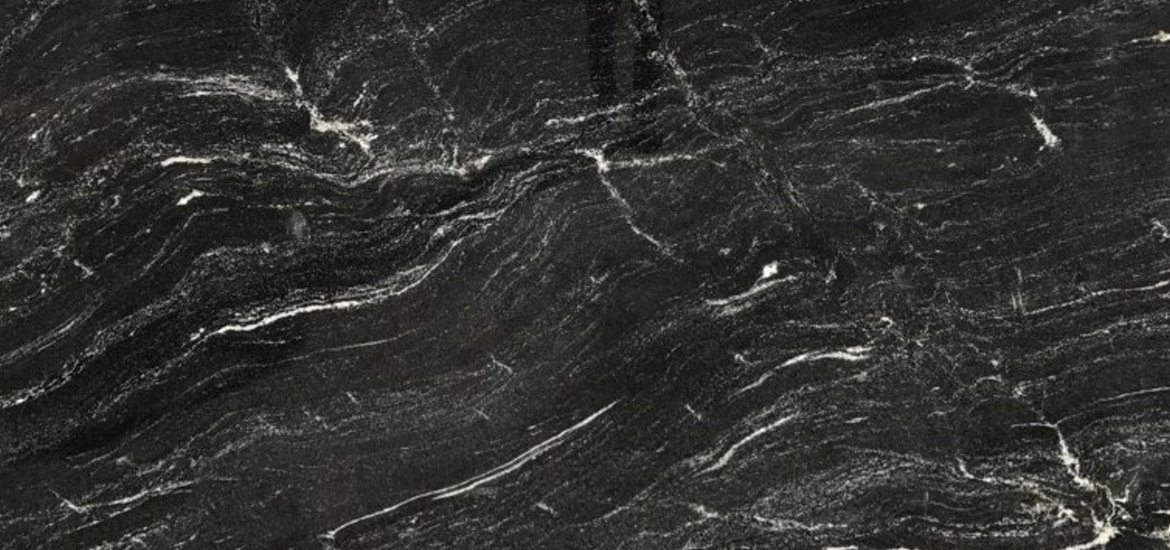
Sprinkle a few drops of water onto your countertop. If the water beads up and remains on the surface without darkening the stone for 10-20 minutes, your stone is well-sealed. However, if the stone darkens where the water sits, it indicates absorption, and your stone would benefit from re-sealing.
The frequency of re-sealing can vary (typically every 1-5 years) depending on the stone’s specific characteristics and its use in your home. Regular testing will help you maintain optimal protection for your beautiful natural stone.
Natural stone sealer can be purchased at most hardware stores or directly from your kitchen and bath designer.

For daily cleaning of your natural stone, use a few drops of pH-neutral cleaner, stone soap, or mild liquid dishwashing detergent with warm water. Wipe surfaces with a soft cloth and rinse thoroughly to avoid streaks.
To best protect your stone, avoid cleaners containing ammonia or bleach, as these can dull the surface or damage the sealer. It is crucial to never use products with lemon, vinegar, or other acids on calcareous stones (like marbles, limestones, or travertines), as they can cause etching and dulling. Likewise, do not use abrasive scouring powders or creams, which may affect the finish or scratch soft stones. Always keep rust removers and toilet bowl cleaners away from your stone, as their harsh acids can cause severe damage. For shower areas, minimize soap scum by using a squeegee after each use. To remove existing soap scum, use a non-acidic soap scum remover.
In the bath or other wet areas, soap scum can be minimized by using a squeegee after each use. To remove soap scum, use a non-acidic soap scum remover or a solution of ammonia and water (about 1/2 cup ammonia to a gallon of water). Frequent use or over-use of an ammonia solution may eventually dull the surface of some stone types.

We recommend that you DO NOT place hot pots and/or dishes directly on your stone. Extreme changes in temperature can cause thermal shocking resulting in crackling/clouding of the finish or the actual cracking of your countertop.

The scratch resistance of natural stone can vary greatly from one material to the next. Harder stones like granite and quartzite are likely to dull knives or other kitchen tools, while marbles and soapstones are relatively soft and can be scratched by even gentle use. We recommend the use of cutting boards and that you avoid dragging objects across the surface of your stone.